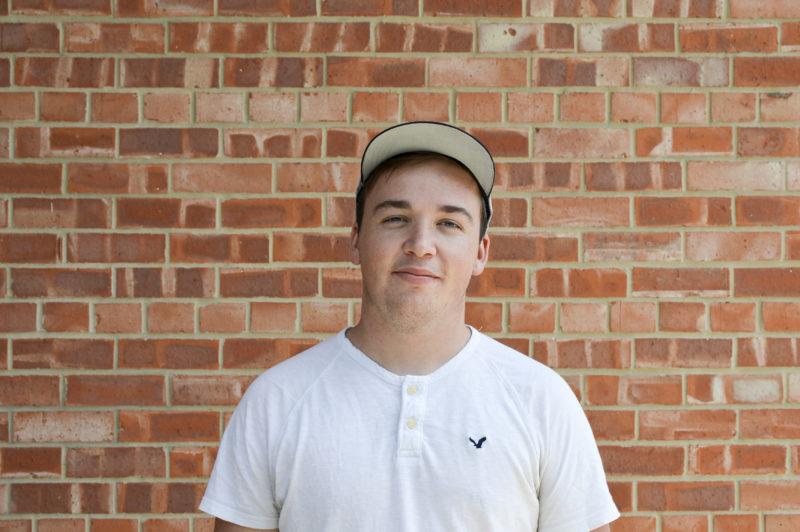In late September, I watched the first showing of this semester’s Theatre for Social Change project. This is an ongoing project by Roberto Prestigiacomo, associate professor of theatre and human communication, to bring to light and discuss difficult issues such as sexual assault, depression and abuse. It was a honest and brutal performance and the actors did great in their roles, really bringing to life the emotions and consequences that follow domestic abuse. The show incorporated the audience, asking them to intervene when they felt it necessary and, by doing so, giving the audience a medium to test the skills needs to alleviate such a situation.
I sat down with Holly Gabelman, a junior theatre major and one of the main performers in the show. She played the mother character in both scenes of this semester’s show, capturing the raw brutality of abuse while also showing that it isn’t always as simple as it seems. I sat down with her to ask if their project was a success and if it had gotten the desired reaction from the campus. This interview has been edited for clarity, length and style.
Austin Davidson: Now that it has been about 2 months since the performance, has the cast and director had any reaction to Theatre for Social Change?
Holly Gabelman: Not as much as you would hope. I mean, surely you would want everyone to still be talking about it and to be thinking about it still, but even so, the reaction we did get was overall positive. A lot of people have recognized me from the show and have said, “It helped me see abuse in a more honest light,” and that’s definitely the reaction we were hoping for. At least in the theatre department, we still discuss it. It’s been nice to see my fellow actors and friends analyzing situations and relationships better due to their seeing the show. So, with all of that I think there has been a reaction, albeit not as large of a one we had hoped for.
AD: Very good. So would you say that this project and show was a success? Do you think people left the show with a better perspective on abuse?
HG: Speaking as an artist, if at least one person walked out of the performance thinking differently or went forward from there and sought to make a change in his or her life, the show was a success. And since I have seen this change in my friends and family, the show has been a success.
AD: Has the show affected the campus, as far as you can tell?
HG: I hope so. I think if we were to do it again, I think we could work on integrating the campus into the show more, like have follow-ups or promote it differently. While I can speak for the theatre people I know and how the show affected them, I can’t really speak for the rest of the campus. But I hope it did have a positive affect.
AD: When you look back on the production, do you think there are things you could have done better?
HG: Yeah, I think one was brought up in an article by the Trinitonian on how our interventions into the show could have been more grounded and less strayed from the subject matter. I think there is some truth to what the article said — maybe we could have stuck with a more realistic guideline to the interventions. At the same time, I disagree. I thought it was realistic. Also, I think if we had promoted the show better we could have prepared the audience for it and maybe boosted audience participation.
AD: As a theatre student, how do you feel this semester has been as a whole for theatre at Trinity?
HG: I would say that the work I did this semester with the Theatre for Social Change project has been some of the most intense and rewarding work I have done in a long time. As an actor it was absolutely incredible to learn how to get into such a strange and twisted mindset. It was also great to see so much of the community rallying around the project and showing their support. As for theatre at Trinity, I would say it was a very exciting semester for original work. There have been a lot of great lab shows and it has been great to see so much new talent here as well. I am really looking forward to what’s to come.







